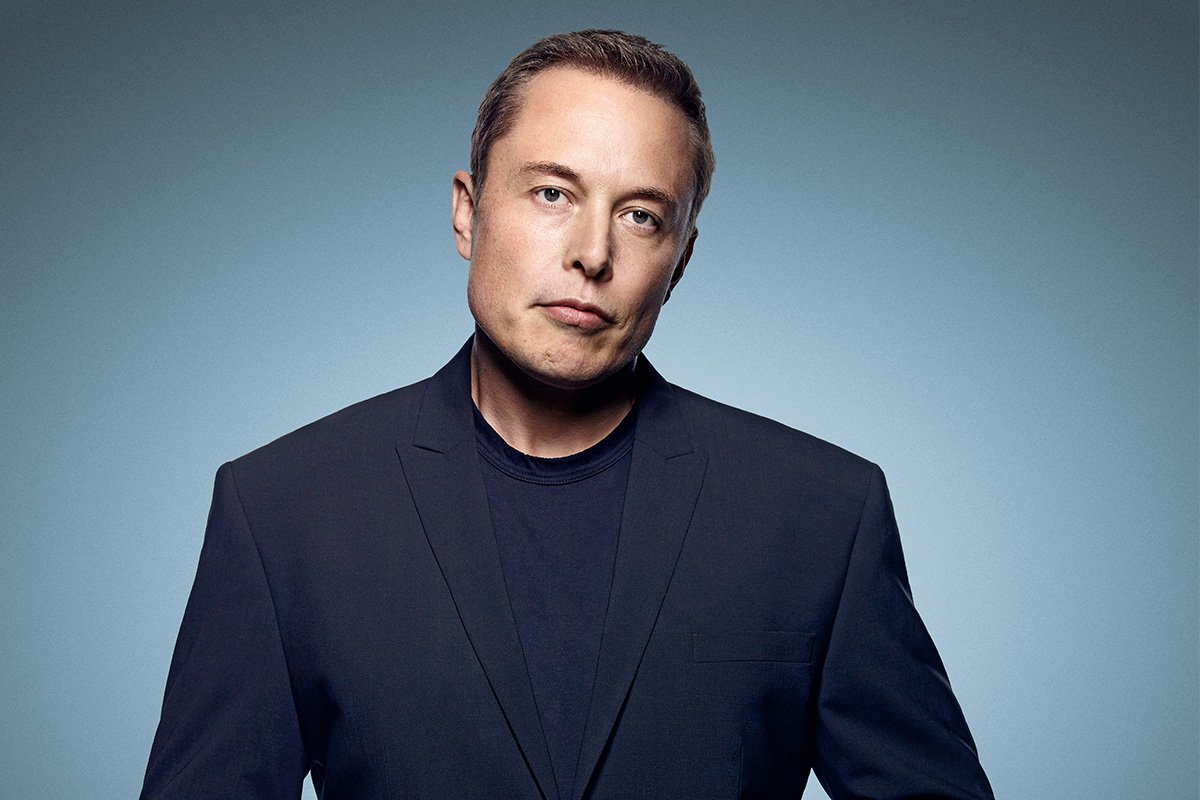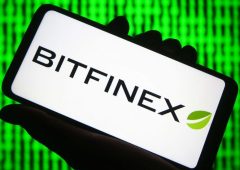Elon Musk vs. OpenAI: The Legal Feud Returns
06.08.2024 11:00 1 min. read Alexander Stefanov
Elon Musk has reignited his legal battle with OpenAI and its CEO, Sam Altman, by filing a new lawsuit on August 5 in California. This follows Musk's earlier decision to drop a similar case in June.
Musk, who co-founded OpenAI with Altman in 2015, initially sued the organization in February, accusing it of abandoning its nonprofit roots. He temporarily withdrew his lawsuit after OpenAI released a blog post that included some of his private communications.
In his latest legal filing, Musk accuses Altman of manipulating him into supporting OpenAI under the guise of it being a nonprofit. Musk claims he invested heavily in terms of time, money, and recruitment efforts, only for Altman to later pivot the organization towards profit-making.
OpenAI’s March blog post included emails suggesting Musk was aware of, and even supported, this shift. It stated that both parties recognized the necessity of a for-profit model to secure the resources needed for developing advanced AI.
Despite this, Musk has since become a critic of OpenAI, condemning it as a “closed source, maximum-profit company effectively controlled by Microsoft” in a 2023 post on his social media platform, X.
Meanwhile, X is reportedly under investigation by Irish regulators due to allegations that user data might have been used to train Musk’s AI chatbot, Grok.
-
1
Trump Imposes 50% Tariff on Brazil: Political Tensions and Censorship at the Center
10.07.2025 7:00 2 min. read -
2
Key Crypto Events to Watch in the Next Months
20.07.2025 22:00 2 min. read -
3
USA Imposes Tariffs on Multiple Countries: How the Crypto Market Could React
08.07.2025 8:30 2 min. read -
4
UAE Regulators Dismiss Toncoin Residency Rumors
07.07.2025 11:12 2 min. read -
5
Ripple Selects BNY Mellon as Custodian for RLUSD Stablecoin Reserves
09.07.2025 15:28 2 min. read
Two Upcoming Decisions Could Shake Crypto Markets This Week
The final days of July could bring critical developments that reshape investor sentiment and influence the next leg of the crypto market’s trend.
Winklevoss Slams JPMorgan for Blocking Gemini’s Banking Access
Tyler Winklevoss, co-founder of crypto exchange Gemini, has accused JPMorgan of retaliating against the platform by freezing its effort to restore banking services.
Robert Kiyosaki Warns: ETFs Aren’t The Real Thing
Renowned author and financial educator Robert Kiyosaki has issued a word of caution to everyday investors relying too heavily on exchange-traded funds (ETFs).
Bitwise CIO: The Four-Year Crypto Cycle is Breaking Down
The classic four-year crypto market cycle—long driven by Bitcoin halvings and boom-bust investor behavior—is losing relevance, according to Bitwise CIO Matt Hougan.
-
1
Trump Imposes 50% Tariff on Brazil: Political Tensions and Censorship at the Center
10.07.2025 7:00 2 min. read -
2
Key Crypto Events to Watch in the Next Months
20.07.2025 22:00 2 min. read -
3
USA Imposes Tariffs on Multiple Countries: How the Crypto Market Could React
08.07.2025 8:30 2 min. read -
4
UAE Regulators Dismiss Toncoin Residency Rumors
07.07.2025 11:12 2 min. read -
5
Ripple Selects BNY Mellon as Custodian for RLUSD Stablecoin Reserves
09.07.2025 15:28 2 min. read


